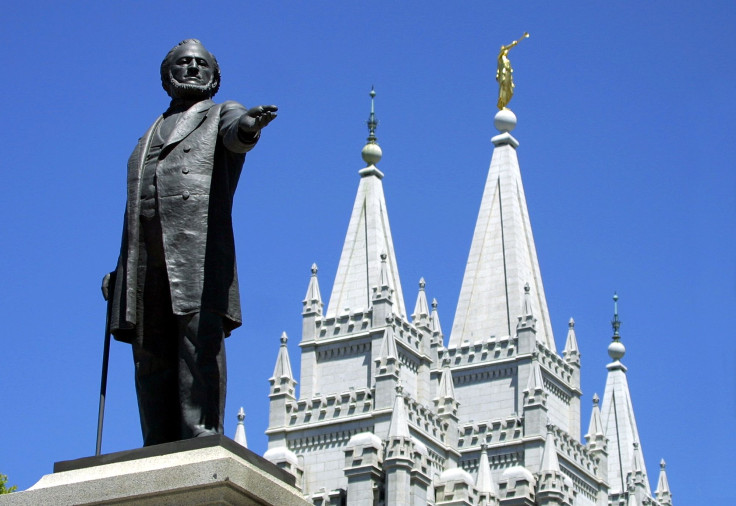Atheism Causes Genetic Mutation? Study Finds Religious People To Be Healthier

Ever since the popular Hollywood movie franchise X-Men hit the screens, we have been fascinated with mutants and the genetic variations that give them powers beyond logic.
But, mutations are not restricted to students of Xavier’s School for Gifted Youngsters alone. Humans display wide range of gene mutations which are increasing with time as natural selection takes a back seat in the modern world.
Now, a study has linked a lack of belief in god to an increase in genetic mutations in the general population. The study found that religious people tend to live healthier, longer lives than atheists.
The authors of the study say that as societies have progressed, the number of atheists has grown. During pre-industrialization times, societies were highly religious. The community ritual of worship helped individuals develop strong social bonds and to choose reproductive partners that would pass on strong genes to the next generation.
But, slowly as societies drifted, we became less religious, and with the rise of atheism came increased levels of mutations among humans, the researchers say.
The study was published in the Evolutionary Psychological Science on Dec. 20.
“Maybe the positive relationship between religiousness and health is not causal—it's not that being religious makes you less stressed so less ill. Rather, religious people are a genetically normal remnant population from preindustrial times, and the rest of us are mutants who'd have died as children back then,” lead author Edward Dutton from the Ulster Institute for Social Research told Newsweek.
According to natural selection, behaviors across a species will work to improve its survival chances. When societal norms are changed unfit genetic mutations tend to crop up. As we moved further away from natural selection, humanity has weakened.
“We developed better and better medical care, easier access to healthy food and better living conditions. Child mortality collapsed down to a tiny level and more and more people with more and more mutant genes have survived into adulthood and had children,” Dutton added in the report.
The study found that left-handedness among atheists has grown since industrialization. Left-handedness is a good marker of a high mutational load.
According to the team, being religious makes you more social and less stressed. This is perceived by potential mates as desirable quality, as a more stable and social mate will help them produce healthier progeny.
Recently a study by the same team revealed that there is a link between intelligence and atheism.
“The link between intelligence and religion can be explained if religion is considered an instinct, and intelligence the ability to rise above one’s instincts,” Dutton said in an IBTimes report in May.
If religion is an evolved theory, the team says that people who tend to not believe in god tend to approach their problems with more rationality as a response to their atheism. They overcome their instinct of accepting things for what it is by being curious and closely examining a problem at hand.
But, the team says now that as mutations increase in the population, the number of religious people reproducing will decrease. Though currently the religious are outbreeding the non-religious their percentage of the population is still shrinking because selection is so weak.
© Copyright IBTimes 2025. All rights reserved.





















